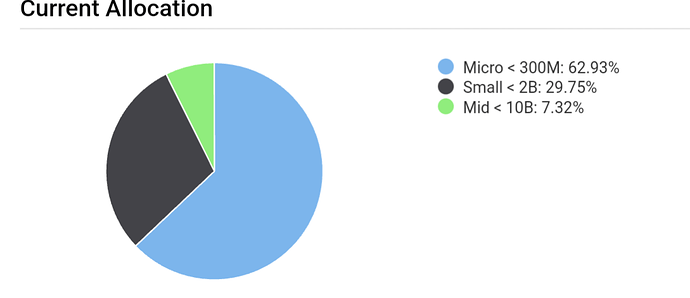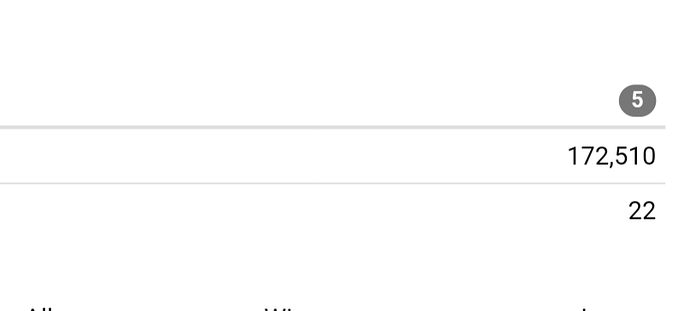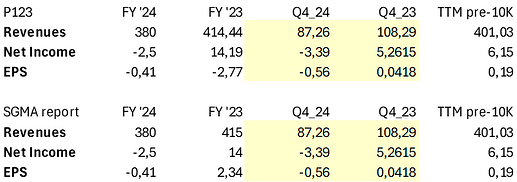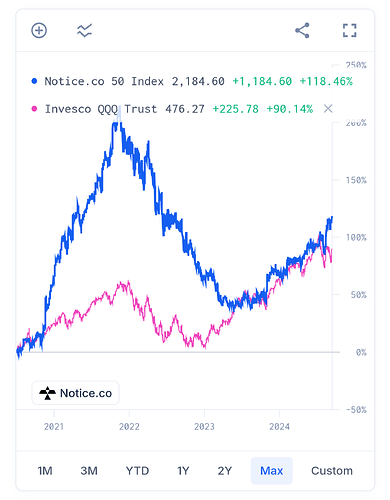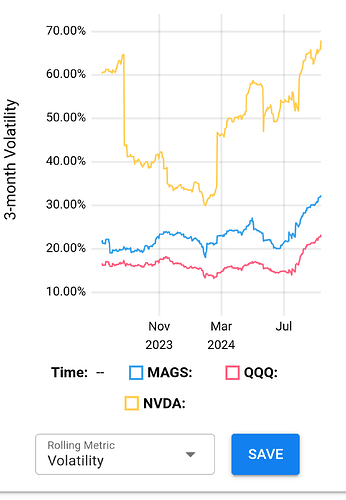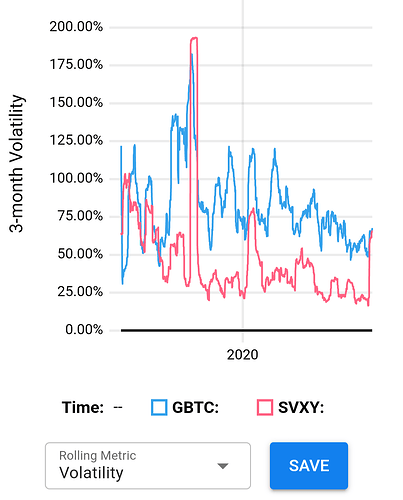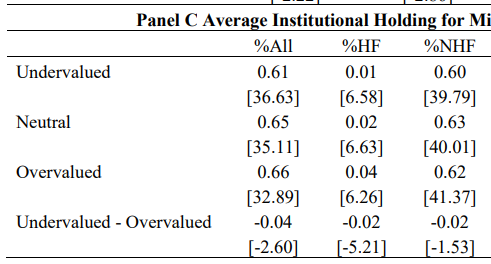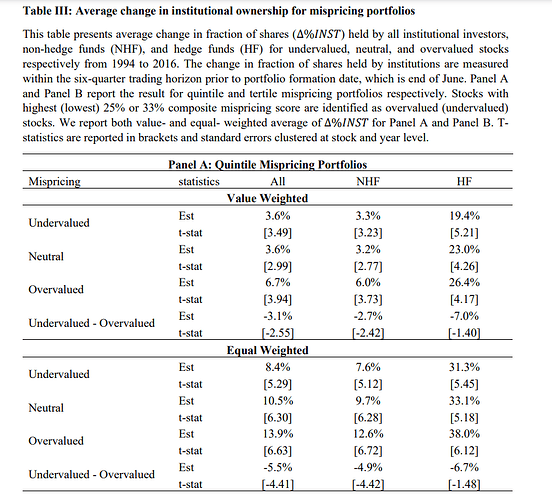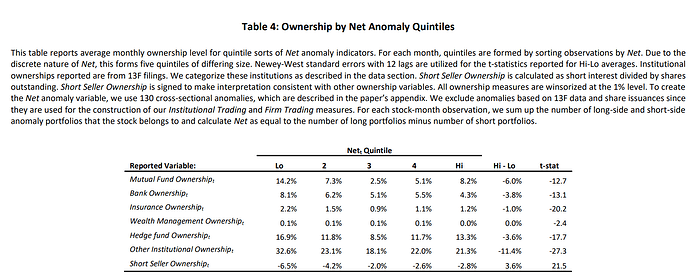The launch of the fund was a great success in one respect: I was able to grow my fund's AUM to about $14M in a very short time. This has really lowered our expenses, as many of them are fixed. But running the fund has also been challenging on a number of fronts.
a) Legal. We had a disagreement with our legal team over compliance with ERISA regulations and had to change lawyers. This was very expensive. We also had to switch brokers at the last minute, which was unpleasant, though it turned out not to cost anything and had a positive outcome.
b) Market environment. Prior to 2024, in my eight years of investing the only year I lagged the market was in 2019. This year has been very similar in many respects, and once again I've lagged the market.
c) Hedging and diversification. In order to provide smooth returns I've hedged my long equity positions with puts on US stocks that I considered likely to collapse. This hedge has been bleeding money like crazy, because the market has been favoring risky stocks. I also devoted a great deal of my portfolio to European and Canadian stocks, and those have not done nearly as well as my US holdings, and are very expensive to trade. On top of that, I failed to hedge my currency risk, and the dollar has outperformed European and Canadian currencies by leaps and bounds.
d) Learning curve. Getting the right mix of leverage, hedge, and foreign exposure was something I should have planned better. I should have planned to hedge my currency exposure from the get-go too. I've solved the former and am working on the latter.
e) Transaction costs. I knew there would be substantial commissions and market impact, but those have had a stronger impact than I expected as each time I corrected course it has cost me.
f) Psychological impact. Losing your own money is a little tough. Losing other people's money, especially those who have placed their confidence in you, is much tougher.
On the whole, this has not been a wonderful experience. I do think it'll be far smoother sailing in 2025, and I am quite confident that if the market takes a downturn, my fund will outperform. I have learned a huge amount in a short time, and the people I've dealt with, particularly at my broker, StoneX, have been wonderful. I've also built an excellent relationship with my partner/COO. I've heard from others that launching a fund is always roughest at the beginning. It certainly was for me.
